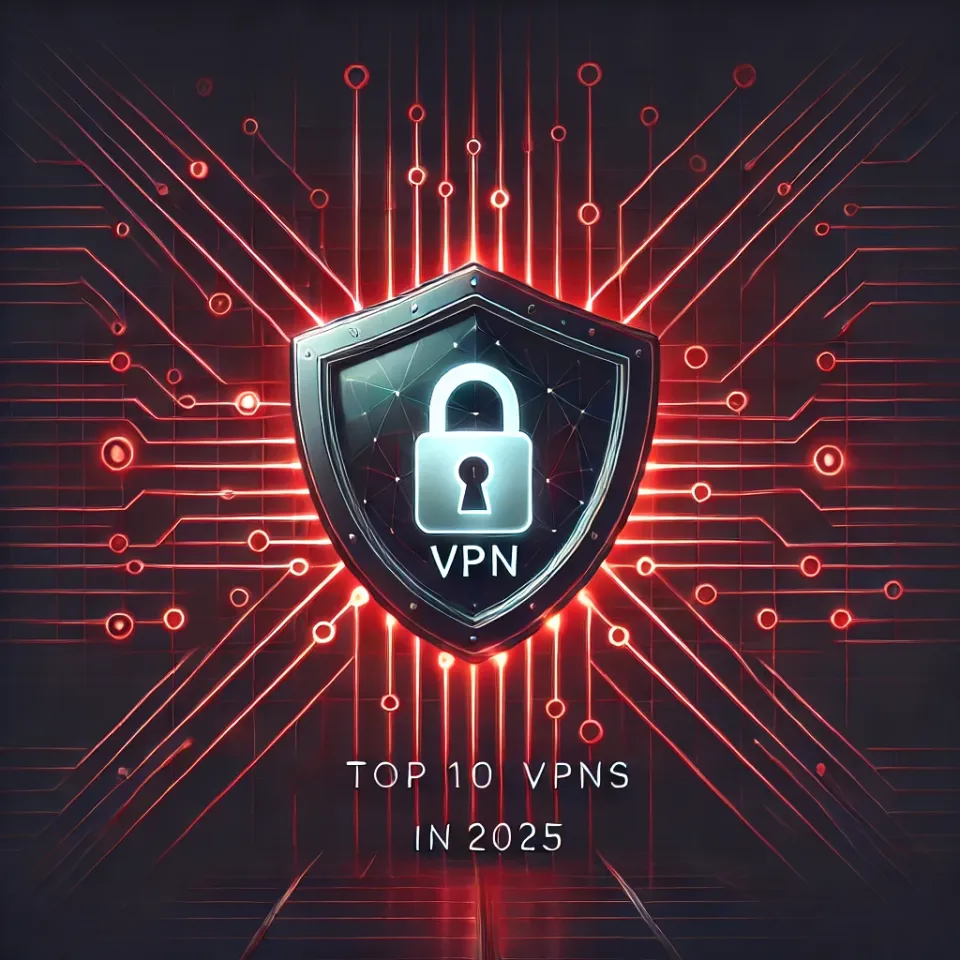
In the ever-increasing digital universe of 2025, in which our lives are increasingly intertwined with the net, the idea of virtual safety has moved from a niche subject to a crucial necessity. At the leading edge of this digital protection lies the Virtual Private Network, or VPN. While VPNs have been around for some time, their role and talents in 2025 are evolving swiftly, adapting to the state-of-the-art threats and changing landscape of online interactions. This article gives a glimpse into the world of virtual protection as defined through top vpns in 2025, exploring their superior features, broader programs, and the stressful conditions they face.
The Core Function Remains, But Stronger Than Ever
At its core, a VPN in 2025 still plays its primary feature: creating an encrypted tunnel between a user’s device and the internet. This encryption scrambles records, making them unreadable to everybody who could probably intercept them, including hackers on public Wi-Fi or maybe net service providers (ISPS). In a global world wherein personal information is a precious commodity and cyberattacks are increasingly commonplace, this crucial layer of protection remains paramount.
However, the encryption protocols themselves are getting extra advanced. By 2025, we are capable of anticipating wider adoption of subsequent-era encryption requirements, presenting even more resistance to brute-force attacks and future decryption competencies. The handshake process between devices and VPN servers can also be quicker and more at ease, minimizing latency whilst maximizing protection.
Beyond Encryption: Advanced Security Features
VPNS are no longer pretty a great deal encrypting traffic. They are evolving into complete virtual security suites. Look for those superior capabilities turning into general:
Integrated Malware and Phishing Protection: Many VPN services will encompass built-in defences in opposition to malware, ransomware, and phishing attacks. By reading site visitors at the server level, they’re able to block access to malicious websites and documents before they even gain the user’s trust.
Enhanced Leak Protection:
DNS leaks and IP leaks can compromise a consumer’s anonymity. Top 10 VPNs could have modern mechanisms to prevent those leaks, ensuring that a customer’s actual IP address and browsing habits stay hidden.
Split Tunnelling on Steroids: While split tunnelling has been around, in 2025, it’ll offer extra granular manipulation. Users can be able to without problems which programs or websites without problems, which are not accessible via the VPN and bypass it, offering stability amongst protection and overall performance for unique duties.
Multi-Hop Connections:
For clients requiring intense anonymity, multi-hop VPNs provide greater availability. These services course website visitors through a couple of servers in single-of-a-kind locations, making it substantially more difficult to trace the foundation of the relationship.
Integration with Other Security Tools: Expect seamless integration between VPNs and exceptional protection answers like password managers, relaxed cloud storage, and identity theft safety services, developing a more unified safety environment.
The Ubiquitous VPN: Across Devices and Networks
In 2025, the idea of “digital protection” will expand to every nook of our digital lives. VPNS will be seamlessly integrated into a wider variety of devices and networks:
Smart Home Security: VPNs will play a role in securing smart domestic gadgets, preventing unauthorized access and ensuring that information amassed through those gadgets is encrypted in advance rather than being transmitted.
Iot Security:
As the Internet of Things (Iot) expands, VPNS might be important for securing communication among devices and the cloud, mitigating the risks associated with vulnerable Iot gadgets.
In-Car Connectivity: With motors becoming increasingly connected, VPNS can be used to comfy in-vehicle infotainment structures and defend sensitive data transmitted to a few automobile and outdoor networks.
Built-in Operating System Support: While third-party VPN apps will nonetheless exist, we might see more robust local VPN support blanketed right now into running systems, making it less difficult for clients to permit and manage their virtual protection.
Addressing the Challenges of the Future
Despite their advancements, Top VPNs in 2025 will, however, face demanding situations. The cat-and-mouse game with governments and groups seeking to block VPN site visitors will remain. This will necessitate VPN agencies to constantly innovate and adapt to their generation.
Furthermore, the moral issues surrounding VPN utilisation will remain a subject of dialogue. While VPNS are effective gadgets for privacy and protection, they can also be used for illicit activities. The duty will lie with both clients and companies to ensure responsible and ethical use.
Finally, the problem of acceptance as true within VPN vendors may be paramount. Users will need to depend on providers with an examined record report of robust privacy rules and a commitment to no longer logging personal interests. Independent audits and transparency might be essential in building this remember.
Conclusion: A Vital Component of Our Digital Lives
In 2025, virtual protection, powered with the aid of advanced VPN technology, may be a vital part of our digital lives. They will surely glide past encrypting facts to supply whole protection closer to a developing array of online threats. As our reliance on the net deepens and the virtual landscape turns increasingly complicated, VPNS will stand as an essential line of defence, allowing us to navigate the digital world with greater self-assurance and safety. The glimpse into VPNS in 2025 is well-known as a future in which virtual security is extra handy, more sturdy, and greater critical than ever in advance.